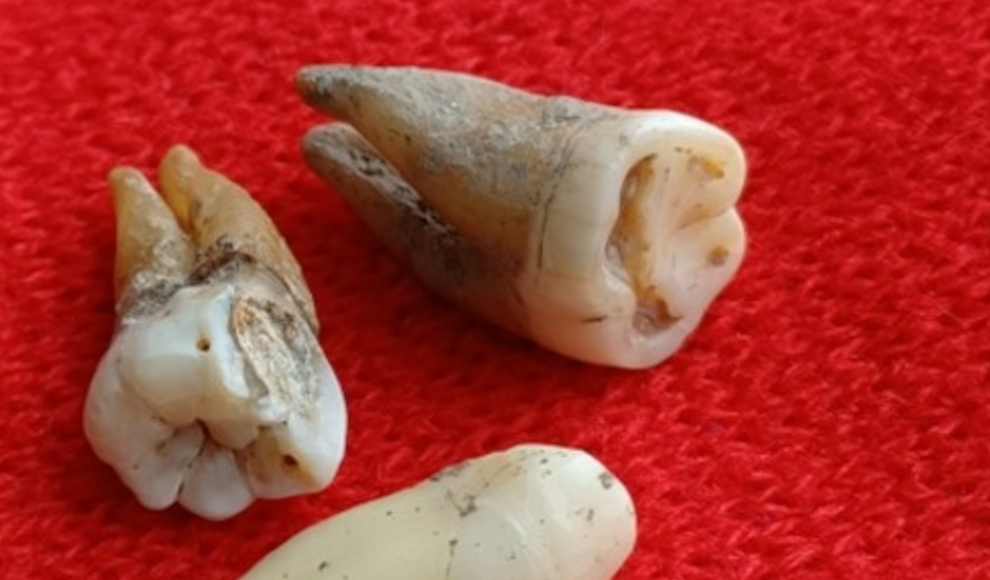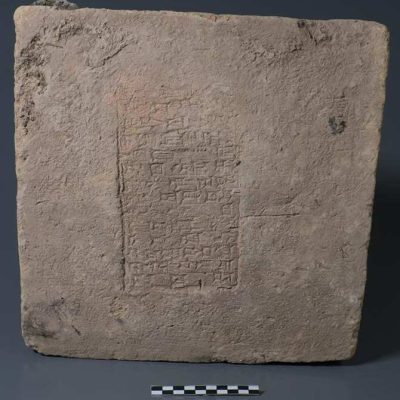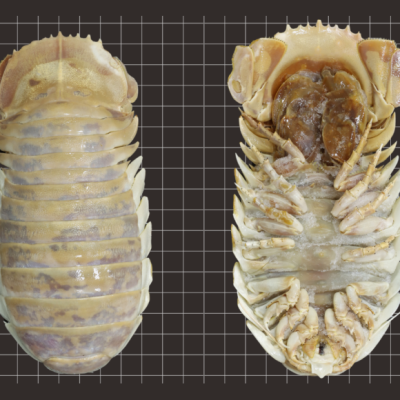Groundbreaking research conducted by scientists at the University of Nottingham has revealed that stable antibodies capable of fighting viruses can be found in human teeth dating back to the Middle Ages. Antibodies are proteins produced by the immune system to identify and neutralize disease-causing pathogens. The discovery of these antibodies in ancient teeth provides a unique opportunity to reconstruct the history of human infectious diseases. The research team, led by Robert Layfield and Barry Shaw, extracted stable antibodies from 800-year-old medieval human teeth that can still recognize viral proteins. The findings were published in the scientific journal iScience.
The researchers also discovered evidence that mammoth bones, which are almost 40,000 years old, could also contain stable antibodies. The recent study results have been used to expand research on ancient proteins in collaboration with researchers from University College London (UCL). The field of paleoproteomics allows scientists to examine the development of human antibody reactions throughout history. In recent years, researchers have been able to identify proteins from a 6.5 million-year-old ostrich eggshell and from 1.7 million-year-old teeth of a prehistoric rhinoceros.
The University of Nottingham researchers have also used paleoproteomics to analyze proteins from archaeological human bones and teeth associated with diseases. They were able to identify Paget’s disease, a rare form of skeletal disorder, using these methods. The discovery of stable antibodies in ancient teeth provides a unique opportunity to reconstruct the history of human infectious diseases and could lead to new insights into the evolution of human immunity.










